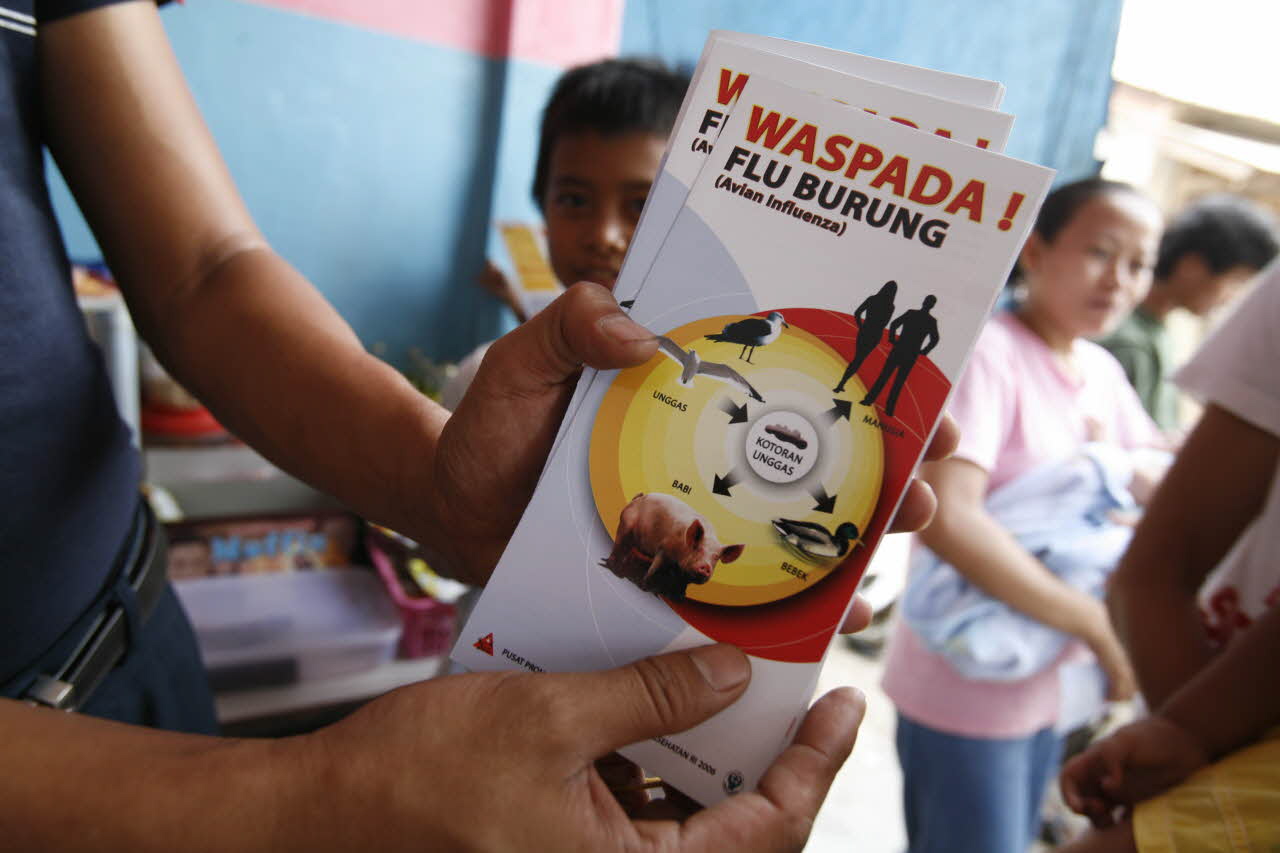Epidemics as Politics with Case Studies from Malaysia, Thailand, and Vietnam
Tuong Vu
Severe epidemics caused by severe acute respiratory syndrome (SARS) and avian influenza viruses have recently killed hundreds of people while causing chaos and panic in many countries. These epidemics have distinct characteristics that make their politics significant and interesting, although both health policy analysts and political scientists have neglected the phenomenon. In this article, I propose an analytical framework that treats epidemics as political processes divided into four phases: “pre-political,” “announcement,” “mitigation,” and “rebuilding” phases. I then apply the framework to the case studies of Malaysia, Thailand, and Vietnam, and show how level of democracy, level of centralization in the state structure, and the social construction of risks shaped government responses to epidemics in these cases. The cases suggest that global health governance should not ignore politics at the national level and the redistributive impact of epidemics originating from or transmissible through livestock.

